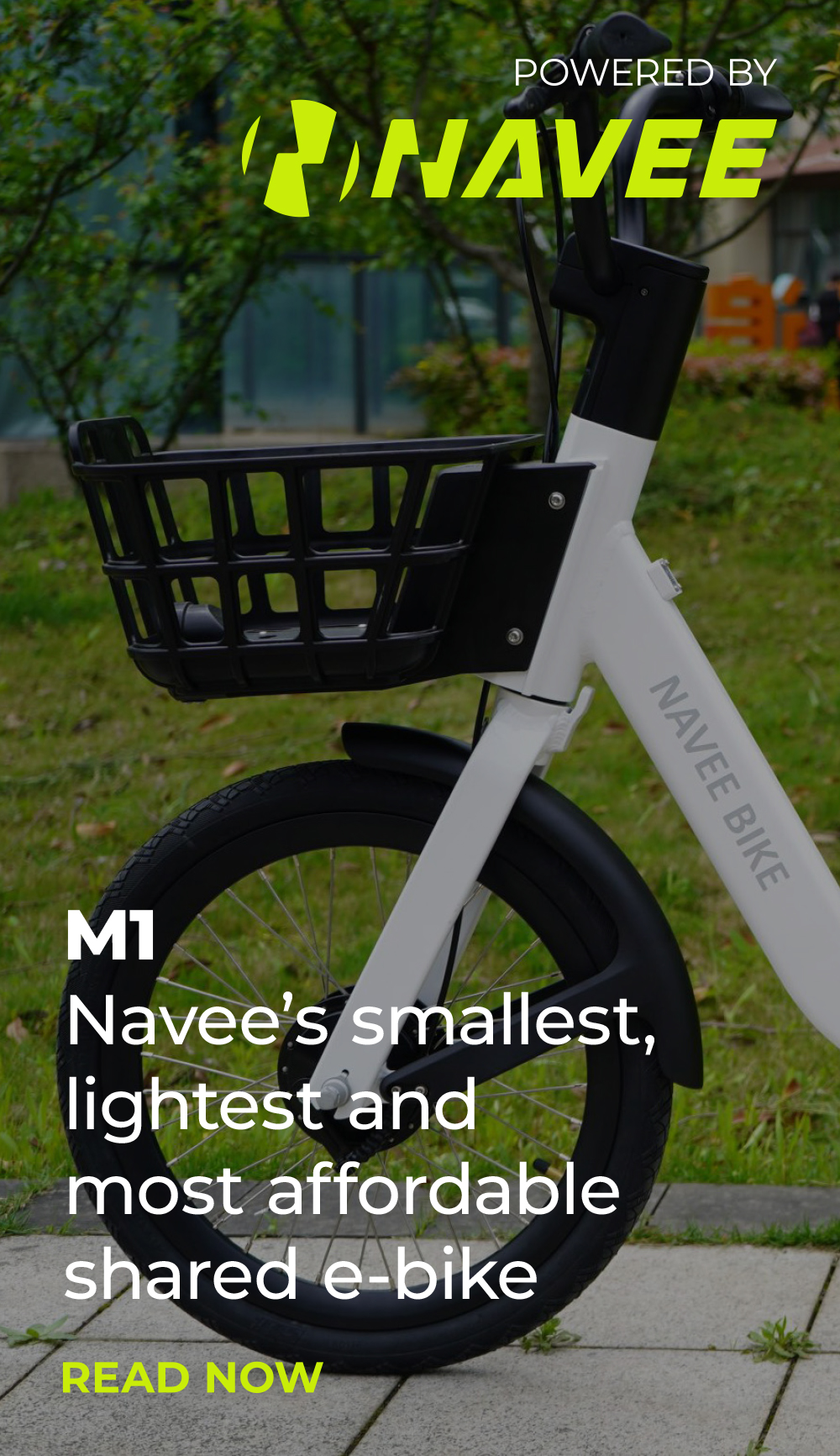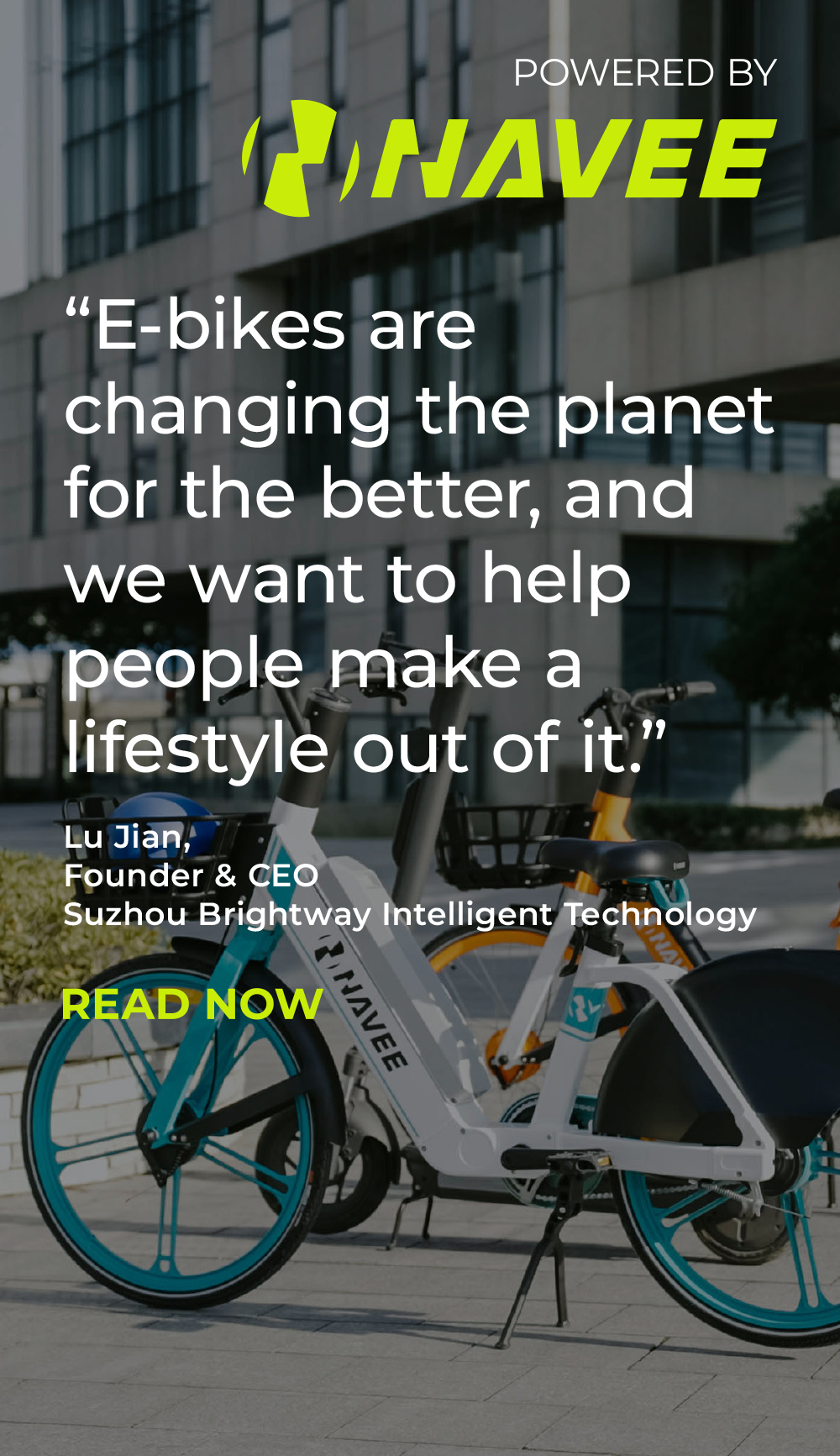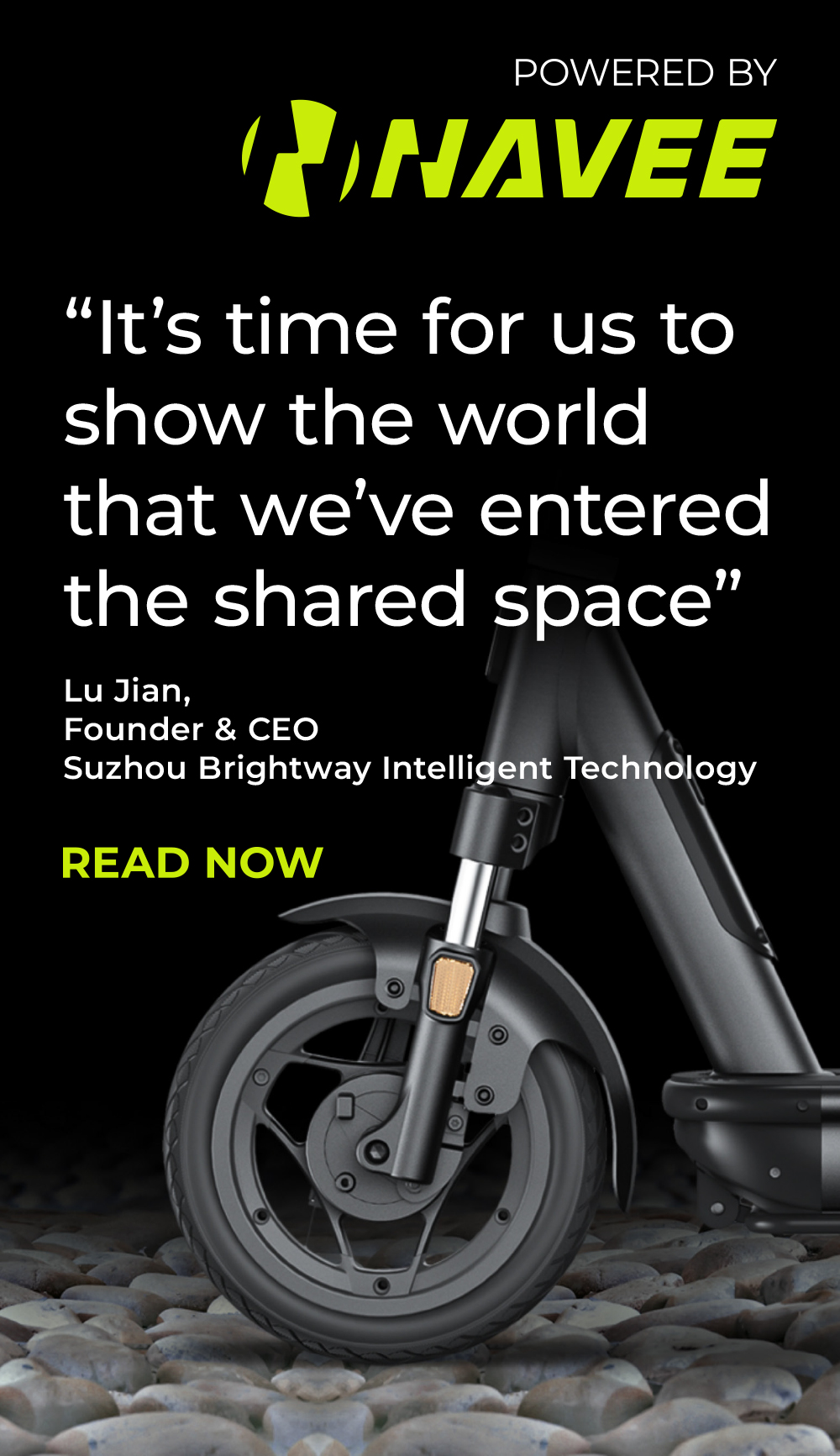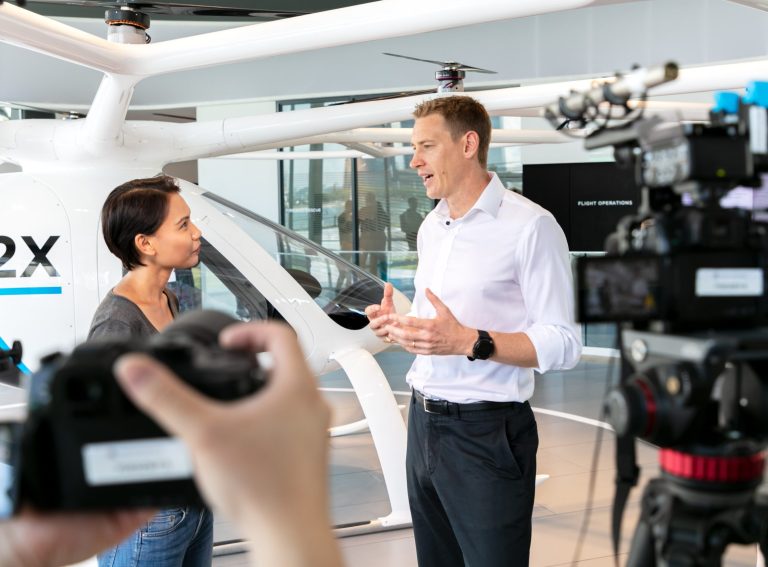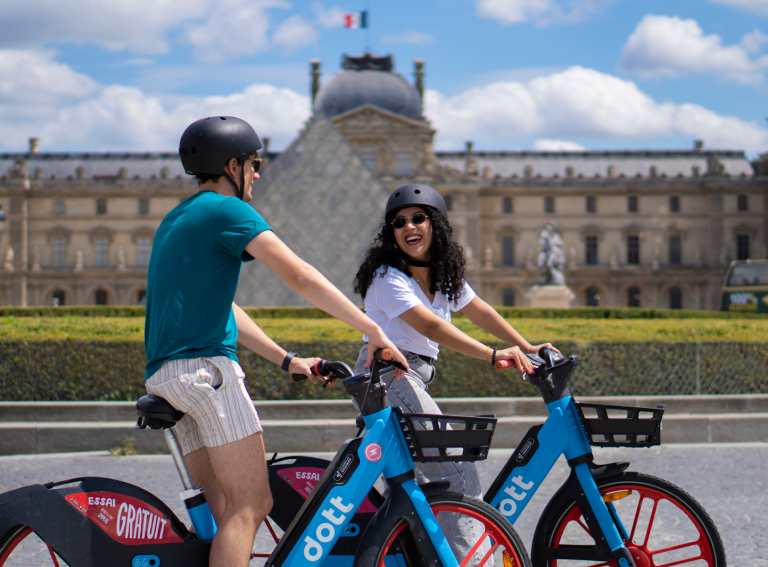WMG at the University of Warwick is one of the leading transport, vehicle and manufacturing university departments in the UK.
The group is of particular interest to Zag, as it has become a global reference point for effective collaboration between academia, private enterprises and the public sector in developing the burgeoning micromobility movement.
Leading the micromobility department is Mark Urbanowski, an engineer at heart, who drove the electric revolution challenge at Innovate UK, has worked on Dyson’s EV project and spent over a decade in the automotive industry.
Driven by a view that micromobility is part of the solution to the UK’s transport needs, Urbanowski spends his time convening stakeholders and furthering research within the sector.
Zag Daily: Can you describe the micromobility landscape here in the UK?
MU: “The UK is becoming a hub for micromobility innovation. We do world-leading research at our universities, we have the best engineers developing technologies and we have a rich history of transport manufacturing. The products and services being developed here are some of the best in the world right now. You only have to look at Pure Electric or bo Mobility to see the premium e-scooters being released. We also have EAV, Zedify, Temple and of course Brompton, which is famous for its folding bike design.”
Zag Daily: How is WMG supporting the micromobility sector?
MU: “We have two key roles: convening the sector, and research expertise. For convening, as a catapult centre we have close links across academia, industry, trade bodies and government policy makers, both national and local. We’re using this position to bring together all stakeholders in micromobility – from vehicle and infrastructure design and manufacturing, service providers and user communities, local town planners and councils – and working with our government to propose and make regulatory changes and get support where it’s needed.
“For research, the University of Warwick is a UK and world leader in transport and manufacturing. UK manufacturing and innovation businesses are at the heart of what we do, and we’ve got mechanisms to support them. We have some of the best experts, facilities and test equipment and are constantly innovating in batteries, data and AI, materials, and smart vehicle technologies. We also look into human factors, such as behaviour change, modal shift and transport equity.”
Zag Daily: For the convening role, how has WMG been working with the government on regulatory changes?
MU: “We have regular meetings with the Department for Transport. They take on board what we say and they really value the work we are doing, like our Micromobility Roadmap for instance, which launched last year. We have also had a roundtable event with Transport Minister Jesse Norman in recent weeks to discuss the vision, the opportunity and some of the barriers the micromobility industry is facing at the moment.”
Zag Daily: Can you say what some of these barriers are?
MU: “The most significant barrier is the need for regulation. This is impacting safety, integrations with the broader transport system and user take-up. With no regulations in place, low-quality imports, particularly e-scooters, have flooded the market. People are buying the cheapest vehicles because there is a risk of confiscation, but these are not as safe to ride, store or charge.
“Worse still, as e-scooters can’t legally be used on public roads, British businesses see more benefit in selling their products to European customers. These companies then don’t profit from the UK market as much as they could and the government risks losing out on investment and sales in the UK.
“We are also a long way behind in terms of cycling infrastructure when compared to other European countries. Our urban environments are built for cars, which is an unsafe, inefficient use of space.”
Zag Daily: We understand that Warwick University’s campus is being used as a micromobility testbed. Can you explain why this was set up?
MU: “The campus looks and works a bit like a town, but it is on private land. Since the UK legislation only permits rental e-scooters on public roads, using the campus as a testbed helps private micromobility manufacturers develop and test their products in a real-world environment. With very willing staff and student participants, this helps these companies to develop safer products and bring them to market more quickly.
“For example, we have been helping a company called Bumblebee test its special wireless charging bays for shared e-scooters, which could have huge benefits for operations teams as they won’t have to drive round to different stations swapping out batteries. We are also working on a number of other exciting projects at the moment but I can’t say more at this stage.
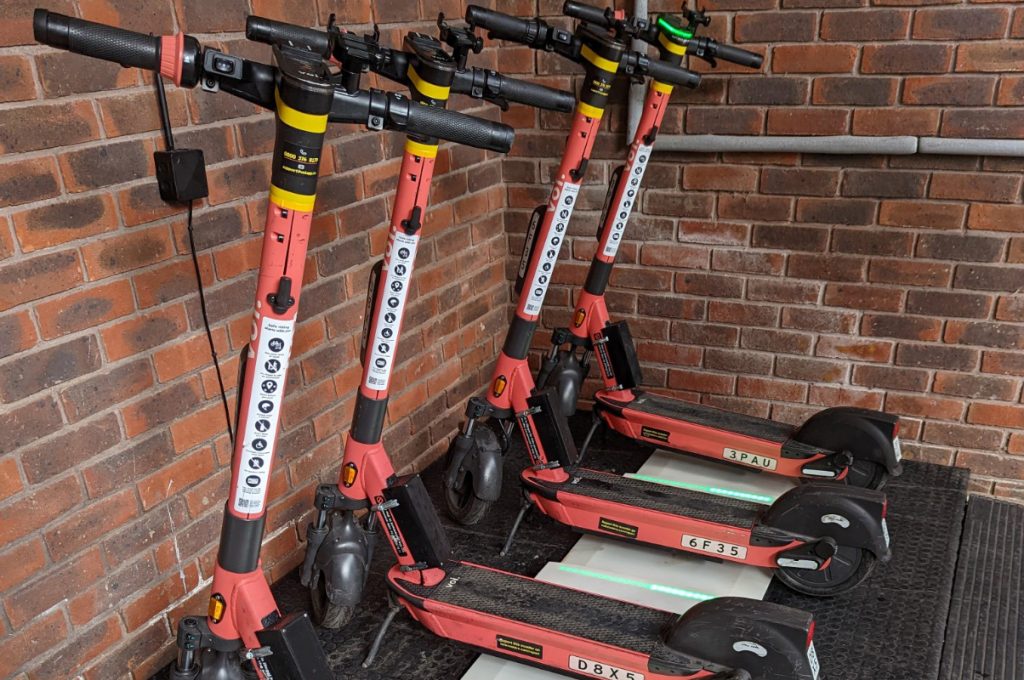
“This breadth of engineering excellence will be showcased at our Micromobility UK 2023 event on 11th May at Stoneleigh Park in Warwick. Do come along – the event is free to attend.”

